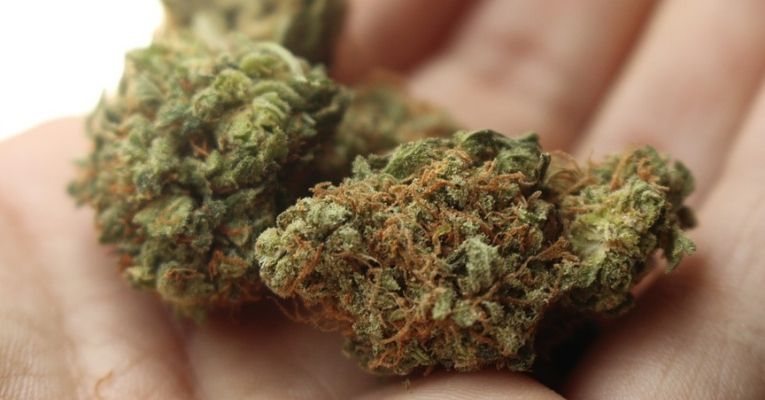News
New Law Would Allow Colorado Doctors to Prescribe Medical Marijuana Instead of Opioids

Colorado Governor Jared Polis is considering a Senate bill that would strike back at the ongoing opioid epidemic with a new law that would give doctors the ability to recommend medical marijuana in situations that traditionally would have led to prescriptions for opioid drugs.
Senate Bill 19-013 or the “Medical Marijuana Condition Opiates Prescribed For” bill is meant to allow doctors a way to avoid prescribing the addictive drugs for such problems as chronic pain.
Democrat Rep. Edie Hooton of Boulder, a sponsor of the bill, noted that the law would not be a mandate but simply an option for doctors to take into account, especially in cases involving children.
Hooton told 9 News:
“This is going to be a pretty big deal for acute pain for athletes, and also for kids who have surgeries.”
Currently, children are required to have two physicians sign off on a recommendation of medical marijuana. Children would not be given cannabis to smoke, rather it would be in a nasal spray or extract form. The new bill would also ask for a review of past diagnoses of children by the primary care physician. Supporters of the bill hope this will calm resistance from certain anti-cannabis advocates.
Drug overdoses have skyrocketed across the United States in recent years, with over 70,000 fatal drug overdoses taking place in 2017 alone, according to the Centers for Disease Control. Many who abuse the pills have prolonged addictive fixations on opioids, with the hardest-hit age group ranging from 25 to 34 years old. A whopping 12,325 of 2017’s overdose deaths came from that age group, among whom two-thirds were men.
Jared Penman, a medical marijuana proprietor, had been diagnosed with osteochondritis dissecans of the talus, tibia and fibula stage four—an extremely painful condition.
Penman’s doctors prescribed him the only thing they could: prescription pain pills.
He explained:
“The inside of your bones basically fall out into your joints and the only thing doctors had to give me was opioids.”
As his pain levels increased, doctors attempted to manage his suffering with higher doses of opioids. Before long, Penman realized that he wasn’t only following doctor’s orders—he had also become dependent on the pills.
When he finally got his medical marijuana card, he committed to stop using the pills, cold-turkey. In the seven years since, he hasn’t touched a single opioid.
He said:
“I feel like medical marijuana basically saved me.”
In 1996, California became the first state to legalize cannabis for medical use, and over than 30 states have since done the same. Ten states along with Washington, D.C. have freed the herb almost entirely, allowing adults over 21 to partake in the recreational use of cannabis. However, cannabis remains illegal under U.S. federal law.
A recent poll by the Pew Research Center also found that 62 percent of U.S. residents, including 74 percent of millennials, favor an end to the prohibition of cannabis.
Hootan insists that medical marijuana, which has been legal in Colorado since 2000, is a safer option than opioids—and addiction has nothing to do with the purpose of the bill.
She said:
“This bill is not about people with addiction issues. It adds acute pain as a condition that would qualify for medical marijuana.”
The governor must decide whether or not to sign the bill by June 3rd.
Typos, corrections and/or news tips? Email us at Contact@TheMindUnleashed.com
